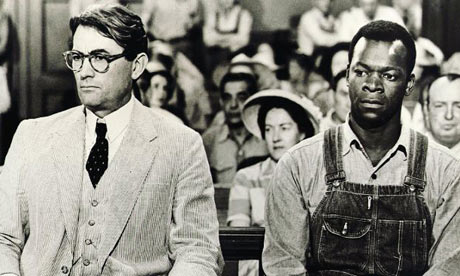
Venice's new mayor, Luigi Bruganaro, has banned children's books containing themes of homosexuality and disability
from schools as art of his campaign promise.
After thousands of copies of children's books such as And Tango Makes Three, a book about a baby penguin parented by two male penguins in New York's Central Park Zoo, were released into schools by the last administration, the mayor's website released a statement that detailed its decision to recall the books: to be able to establish without haste and with complete understanding of the issue whether they are, or indeed, are not, suitable for children of preschool age.
In response to the ban, Venice's libraries have encouraged its patrons to read the banned titles by putting them in their shop windows with a sign: Blacklisted books, be a rebel, read them.
Camilla Seibezzi, a councilor who helped introduce the books in the first place, has accused the new mayor of censorship.
These books were made available to teachers, they weren't imposed on schools,
she said to the Telegraph.

Since the release of Harper Lee's Go Set a Watchman--an alternate, early version of To Kill a Mockingbird--reciews and articles have exploded on the Internet.
It turns out that the Atticus Finch of Mockingbird, a young lawyer who defends a black an wrongl accused of raping a young white woman, is not the saintly do-gooder who captivated the imaginations of several generations of readers; in sharp contrast, the aging seventy-two-year-old Atticus Finch in Go Set a Watchman is racist and critical of desegregation.
The book, which was released unedited since it was written in the 1950s--HarperCollins said that Lee wanted it published as is, according to Bloomberg Business--could alter readers' views
of To Kill a Mockingbird and reshape Ms. Lee's legacy,
wrote New York Times writer Alexandra Alter. Indeed, some argue that the more nuanced portrait of Atticus Finch better reflects the period, while others are disheartened by the change in his character.
But Karla F.C. Holloway, a professor of English and law at Duke University, said to the New York Times that the new version of Atticus Finch could encourage closer readings of Mockingbird. It will force an interesting conversation about--if this is really Atticus--what have our own desires done to the character, and what is the literary truth? This is who we want to be as a country, but this is not who Atticus was.
In this vein, Los Angeles Times writer David Ulin wrote that his own Rereading of Mockingbird indicated that even the most sympathetic characters in the novel regard racism with what seems a nonchalance that I didn't recall.